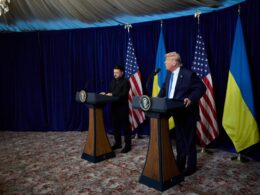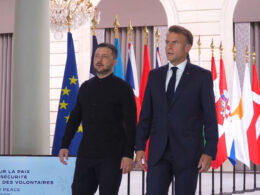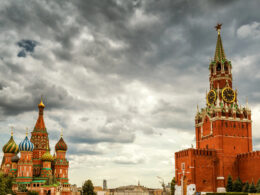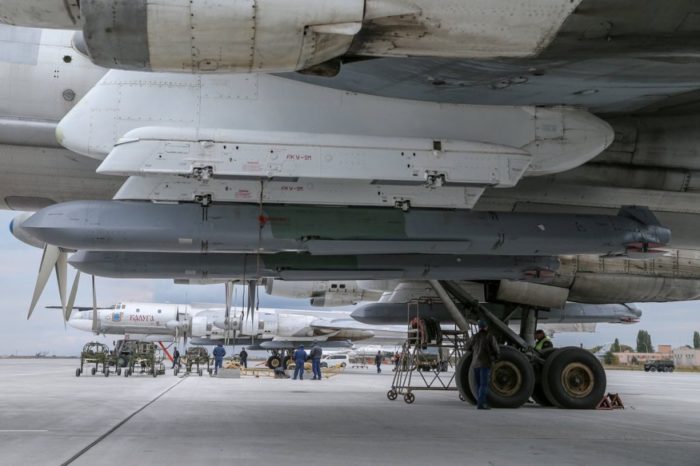Russia has declared its willingness to engage in peace negotiations with Ukraine, according to recent statements from Kremlin officials.
"During yesterday's meeting with Trump's envoy, Steve Witkoff, Vladimir Putin reiterated that the Russian side is ready to resume negotiations with Ukraine without any preconditions," Kremlin spokesman Dmitry Peskov told reporters on Saturday.
The announcement comes after Witkoff’s fourth visit to Moscow as President Donald Trump's special representative. According to Yuri Ushakov, an aide to the Russian president, the talks with Putin included discussions on the possibility of resuming direct negotiations between Moscow and Kyiv.
This diplomatic outreach aligns with what Reuters has described as Trump's plan, which envisions peace talks beginning immediately after a ceasefire is established. The timing coincides with Russia's announcement regarding developments in Kursk Oblast.
"Congratulations on the victory," Putin told Chief of the General Staff Valery Gerasimov during a briefing in which Gerasimov claimed the complete expulsion of Ukrainian forces from Kursk Oblast.
However, this claim remains contested. Multiple OSINT sources, including the Institute for the Study of War (ISW), the DeepState map, and the Black Bird Group, report that Ukrainian forces still control parts of the region, with estimates suggesting approximately 40 square kilometers remain under Ukrainian authority.
The status of Kursk appears central to any prospective negotiations. According to Konstantin Remchukov, editor-in-chief of Nezavisimaya Gazeta, Putin views the complete recapture of Kursk as a prerequisite for serious talks. In an article published a week earlier, Remchukov wrote: "For Putin, any bargaining over Kursk territory is unacceptable; by the time an agreement is reached, the region must be fully cleared." He added that once this condition is met, Putin would be prepared to exit the war along the current line of contact, despite earlier statements.
This assessment was later echoed by reporting in the British newspaper Financial Times.





